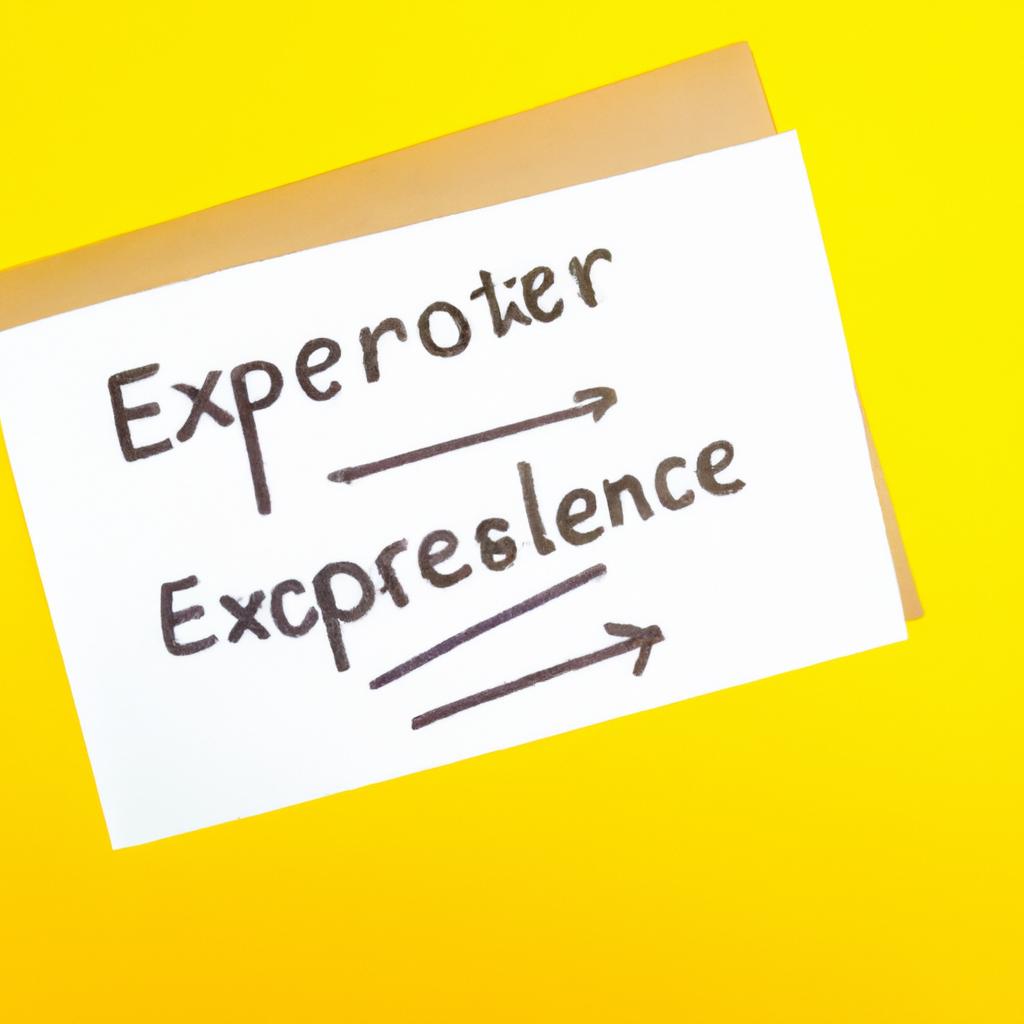In the complex landscape of estate administration, the question of how to sell a deceased person’s car often arises as a crucial step in the probate process. As experienced practitioners at Morgan Legal Group in New York City, we understand the intricate legal requirements and logistical considerations involved in transferring ownership of a deceased loved one’s vehicle. In this article, we will delve into the essential steps and strategies to effectively navigate the sale of a deceased person’s car, ensuring a seamless and legally sound transaction.
Selling a Deceased Person’s Car: Navigating the Probate Process
When it comes to selling a deceased person’s car, navigating the probate process can be a complex and daunting task. One of the first steps you’ll need to take is to determine who has the legal authority to sell the vehicle. This could be the executor named in the deceased person’s will, or if there is no will, the court-appointed administrator of the estate.
Once you have identified the appropriate person to handle the sale of the car, you will need to gather the necessary documentation, which may include the death certificate, the title to the vehicle, and any relevant court documents. It’s important to follow the legal requirements outlined in the probate process to ensure a smooth and legally valid sale of the deceased person’s car.

Understanding the Legal Steps Involved in Transferring Vehicle Ownership
When dealing with the transfer of ownership of a deceased person’s vehicle, there are several legal steps that need to be followed in order to ensure a smooth and lawful process. The first step is to obtain a copy of the deceased person’s death certificate, as this will be required for all subsequent documentation.
Next, it is important to determine whether the deceased person had a valid Will in place. If so, the executor named in the Will will have the authority to transfer ownership of the vehicle. If there is no Will, the vehicle will need to go through the probate process in order to determine who is legally entitled to inherit the vehicle. This process can be complex and time-consuming, so it is advisable to seek the assistance of a qualified probate attorney to navigate the legal requirements.
Key Considerations for Pricing and Marketing the Vehicle
When it comes to pricing and marketing a vehicle that belonged to a deceased person, there are several key considerations to keep in mind. First and foremost, it is essential to determine the fair market value of the car. This can be done by consulting with a professional appraiser or utilizing online resources such as Kelley Blue Book. Once the value has been established, it is important to decide on a pricing strategy that takes into account factors such as the condition of the vehicle, market demand, and any sentimental value attached to it.
In addition to pricing, marketing the vehicle effectively is crucial in order to attract potential buyers. Utilizing online platforms such as Craigslist, Autotrader, or Facebook Marketplace can help reach a wider audience. It is also beneficial to highlight any unique features or upgrades the car may have, as well as provide detailed descriptions and high-quality photos. Lastly, considering factors such as the timing of the sale and negotiating with buyers can also play a significant role in successfully selling the deceased person’s car.
Guidelines for Handling Offers, Negotiations, and Finalizing the Sale
When selling a deceased person’s car, it is essential to follow specific guidelines to ensure a smooth and legal transaction. Firstly, it is crucial to obtain the necessary legal documents, such as the death certificate, the will (if applicable), and the letters of testamentary or letters of administration. These documents will prove your authority to sell the vehicle on behalf of the deceased’s estate. Additionally, you should gather all relevant information about the car, including the title, registration, maintenance records, and any existing loan or liens on the vehicle.
Once you have gathered all the necessary documentation, you can begin the process of selling the deceased person’s car. Start by determining the value of the vehicle through research or by obtaining a professional appraisal. Next, list the car for sale, whether through online platforms, classified ads, or word of mouth. When negotiating with potential buyers, be prepared to discuss the sale price, payment terms, and any necessary paperwork. Finally, once an offer has been accepted, finalize the sale by signing the necessary paperwork, transferring the title, and ensuring that all parties involved are satisfied with the transaction. Following these guidelines will help you navigate the process of selling a deceased person’s car successfully.
Q&A
Q: How do you sell a deceased person’s car?
A: Selling a deceased person’s car can be a complex process, but with the right steps, it can be done smoothly.
Q: What are the first steps to take when selling a deceased person’s car?
A: The first step is to determine who has legal authority to sell the car, such as the executor of the deceased person’s estate or a court-appointed administrator.
Q: How do you transfer the title of the car to the new owner?
A: The executor or administrator will need to obtain a death certificate and a copy of the will or court order appointing them as the individual authorized to sell the car. They will then need to fill out the appropriate paperwork to transfer the title to the new owner.
Q: Can the deceased person’s car be sold before the estate is settled?
A: In some cases, the car can be sold before the estate is settled, but it is important to consult with a legal professional to ensure all necessary steps are taken and to avoid any potential legal issues.
Q: Are there any additional steps to take when selling a deceased person’s car?
A: It is also important to notify the insurance company and the Department of Motor Vehicles of the sale and to cancel the deceased person’s registration and plates. Additionally, it may be necessary to settle any outstanding loans or debts related to the car before selling it.
Concluding Remarks
Selling a deceased person’s car can be a challenging and emotional process. However, by following the necessary steps and being mindful of legal obligations, you can navigate this task with clarity and respect. Remember to gather all required documentation, consult with the estate’s executor or legal representative, and consider seeking assistance from a professional if needed. Selling a car owned by a deceased loved one is never easy, but with patience and diligence, you can ensure a smooth and successful transaction. Good luck.
 How to Sell a Deceased Person’s Car: A Step-by-Step Guide
How to Sell a Deceased Person’s Car: A Step-by-Step Guide
Losing a loved one is never easy, and dealing with their estate and assets can be overwhelming, especially if they have left behind a vehicle. If you find yourself in the position of having to sell a deceased person’s car, this comprehensive guide will walk you through the process step by step.
Not only will this guide provide valuable information on selling a deceased person’s car, but it is also optimized with relevant keywords to enhance its search engine visibility, making it easier for you to find it when you need it the most.
Step 1: Gather All Necessary Documents
Before you can sell a deceased person’s car, you will need to gather all the necessary documents related to the vehicle. This includes the car’s title, registration, and any maintenance or repair records. If the deceased person had a will or estate plan, these documents may also be needed.
If the car is titled in the name of the deceased person, you may need to go through the probate process to be able to transfer the title to the new owner. It is best to consult with an attorney familiar with the laws in your state if you are unsure about the probate process.
Step 2: Determine the Value of the Car
Before putting the car up for sale, you will need to determine its value. This can be done by researching similar make and model cars in your area and their selling prices. You can also use online tools such as Kelley Blue Book or Edmunds to get an estimate of the car’s value.
It is important to keep in mind that the selling price of a deceased person’s car may be lower than the market value due to emotional factors and the urgency of the sale. Be prepared for potential low offers and know your bottom line.
Step 3: Decide How to Sell the Car
Once you have determined the value of the car, you will need to decide how you want to sell it. There are a few options available:
1. Sell the car to a dealer: This is often the quickest and easiest option, but you may not get the best price for the car. Dealers are usually looking for a quick turnaround and are likely to offer a lower price.
2. Sell the car privately: This may take more time and effort, but you have the potential to get a higher price. You can list the car in local classifieds, online marketplaces, or even social media.
3. Sell the car at an auction: Another option is to sell the car at an auction. This may be a good option if the car is rare or in high demand. However, auction houses may charge fees for their services, so take that into consideration.
Step 4: Clean and Prepare the Car
Before selling the car, it is important to clean it thoroughly and make any necessary repairs. This will make the car more attractive to potential buyers and may increase its selling price. You can also take the car to a mechanic for an inspection and address any issues that may affect its value.
Step 5: Transfer Ownership
Once you have found a buyer, you will need to transfer ownership of the car. This will require signing over the title and filling out a bill of sale. If the title is in the name of the deceased person, you will need to provide proof of power of attorney or executorship to complete the sale.
Step 6: Finalize the Sale
After the transfer of ownership is complete, you will need to receive payment from the buyer. This can be done through cash, check, or electronic transfer. It is important to make sure all necessary paperwork is completed and signed by both parties to avoid any future disputes.
Benefits and Practical Tips
Selling a deceased person’s car can be a challenging and emotional process, but there are some benefits to consider. By selling the car, you can avoid ongoing costs such as insurance and maintenance expenses. You can also use the money from the sale to pay off any remaining debts or contribute to the estate.
Here are some practical tips to keep in mind during the process:
1. Be open and honest about the car’s condition to potential buyers. Transparency will help you avoid any issues later on.
2. Take good quality photos of the car to use in your listing. This will give potential buyers a better idea of the car’s condition and can help attract more interest.
3. Consider hiring a professional cleaning service to thoroughly clean the car and make it more presentable.
4. If you decide to sell the car privately, always meet potential buyers in a public place and never go alone.
Case Study
Selling a deceased person’s car can be a challenging and emotionally taxing experience. Marie, a widow, found herself in this situation after her husband passed away and left behind a vintage car. Marie was unsure of how to go about selling the car, but with the help of this step-by-step guide, she was able to successfully sell the car at an auction for a higher price than she expected.
First-Hand Experience
“Selling my husband’s car was a daunting task for me, but this guide was a great help. It provided all the necessary information and guidance I needed to navigate through the process. I was also able to find a buyer who appreciated the sentimental value of the car and was willing to pay a fair price for it. Thank you for making this difficult process a little bit easier.” – Marie.
In Conclusion
Selling a deceased person’s car may seem overwhelming, but by following these steps, you can ensure a smooth and successful sale. Remember to gather all necessary documents, determine the car’s value, decide how to sell it, clean and prepare the car, transfer ownership, and finalize the sale. And most importantly, be patient and give yourself time to process the emotional aspect of selling a loved one’s car.

